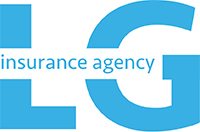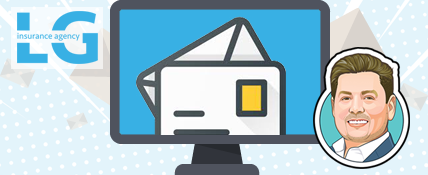You’re young, so why worry about credit now? The sooner you establish and learn how to use credit wisely, the better. Here’s why.
It’s Complicated
Borrowing may seem simple, but it’s actually a very complicated business. Understanding the differences between credit products, your responsibilities, and budgeting for repayment are all learned skills. If you don’t master them, you could become a slave to debt.
You can start as an authorized user on your parent’s card and learn how to build a credit history with their help. Alternatively, you can apply for your own secured credit card and pay a deposit. Your credit limit is the deposit amount.
Choose a card with a low or no annual fee and the lowest interest rate. Try to keep purchases small and pay the entire balance off monthly. Don’t use your card for cash advances.
Credit Can Affect Employment
Many employers check your credit report as part of the hiring process. While it is illegal in some states, it’s not in many others. You must give your written consent and it’s usually in your employment application.
Employers receive a different report than a credit card or loan company, but it can still hurt your employment prospects if they don’t like what they see. They’re looking for reliability and stability, not missed payments, delinquencies, bankruptcies or consumer proposals, judgments, or liens.
If your job includes things such as travel, you need good credit to buy airplane tickets, rent a car, and to pay for hotel rooms and client meals. The company reimburses you for expenses, but you pay them initially.
Credit Affects Housing
Your credit has a direct impact when you want to rent or buy a home. Even if you’re only looking to rent your first apartment, poor credit could mean the landlord chooses someone else instead of you. You may also pay a higher deposit for utilities if you have poor credit.
Credit Impacts Your Ability to Buy a Vehicles
Your first vehicle might be a cheap used car, but there will probably be a time when you want to buy something better. Whether you want to buy a truck to start your own business or a car when you start a family, they cost more than most people can pay in cash. Consequently, you’ll need a personal loan and good credit.
Credit Affects Insurance Premiums
Insurers rely on your credit report to measure your likelihood of filing a claim. Consequently, if you have poor credit you usually pay significantly higher premiums, even if you’ve never filed a claim.
Almost all insurers use credit scores to set prices. According to Consumer Reports, a New Jersey driver with poor credit will pay more than double what someone with excellent credit would pay. If your credit score drops, they could increase your premiums or cancel your policy too.
Credit History Counts
The longer you can show that you can borrow and repay debt responsibly, the better. Lenders offer lower interest rates and more products to people who consistently demonstrate they’re low risk.
College students can often get credit, because lenders think they’re likely to become financially successful. If you’re not a college student, look for a credit card that suits your needs. No annual fee and the lowest interest rate you can find are best.
Check Your Credit
Before you apply for credit, request a free copy of your credit report. Criminals often access people’s credit without them knowing and that includes children. If you think this happened to you, you’ll need to act. If everything looks good, you can apply for credit and a credit card is your best bet.
Stick with one card at first and manage your credit well. It takes time to establish credit history, so monitor your credit annually to see your progress. Good habits initially lead to great credit that serves you well. Bad habits lead to poor credit that can take years to rebuild.


